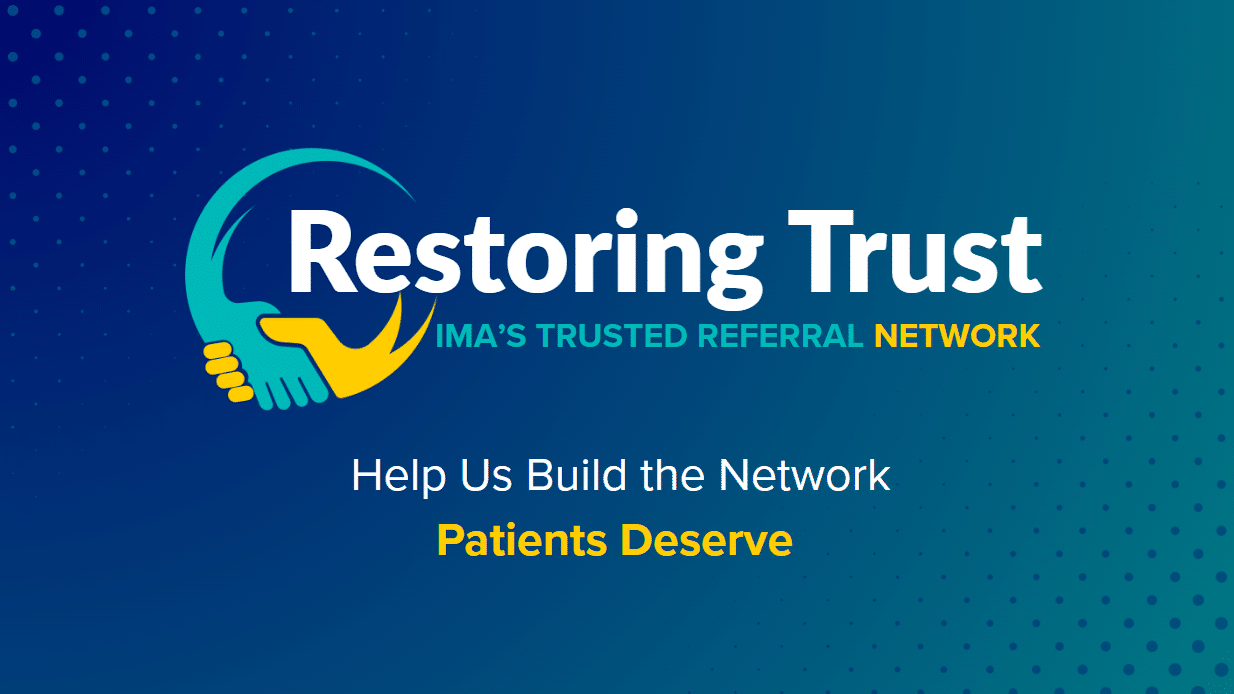
Drug company executives have been guzzling their weight in Pepto-Bismol ever since Robert F. Kennedy Jr. was appointed Secretary of HHS. Kennedy has already launched Operation Stork Speed to review and update nutritional standards for infant formula and promised “radical transparency” from his department (a momentous first). His foes’ biggest fear, of course, is that he’ll make good on his promise to permanently ban pharmaceutical advertising from TV. If successful, the new golden era of small screen programming would mark the first time in decades that Americans could enjoy their favorite sitcom or sporting event without being reminded every five minutes that they probably have an undiagnosed disease.
This week, a PARODY account on X posted a very official-looking announcement that lots of folks [raises hand shyly] initially took to be legit. The post made it appear that RFK himself was formally announcing the end of televised prescription drug ads.

NOT the real RFK, Jr.
Daily Beast was the first to point out that the tweet was fake news—naturally having to throw “MAGA fooled” into their headline—however the only hoax-y part is the suggestion that it’s already a done deal. Kennedy has been vocal about pursuing just such a ban, to the point that advertising industry experts are penning pieces on how to prepare. Armchair pundits are at odds over whether or not it’s more than a pipe dream, but Kennedy supporters—including the IMA, which wholeheartedly endorses the proposed move—have every last appendage crossed that their MAHA Messiah can make it happen.
Can you even imagine a world without nonstop, in-your-face pill-peddling? Nowadays, you can’t watch a single episode of The Simpsons without being instructed to “Ask your doctor if Nobrainsatol is right for you” at least thirteen times. If Kennedy’s plan succeeds, couch potatoes would no longer be subjected to promises of panaceas to all their unknown ills followed by a breathless, sped-up litany of dire or deadly possible side-effects during every commercial break.
The pharmaceutical industry, you may be shocked to learn, is not thrilled about the possiblity of being kicked off the airwaves. (TV execs aren’t dancing on tables, either.) After all, direct-to-consumer (DTC) advertising has been a boon for Big Pharma and a cash cow for networks.

Since the FDA loosened the rules in 1997, spending on prescription drug ads has ballooned to more than $8 billion per year—which is more than those same companies spend on researching whether their drugs actually work and if they might maim or kill their customers.
Sane peopleCritics argue that drug ads do more harm than good, pushing expensive, often inferior medications onto patients while lining the pockets of networks that pretend to be objective news sources.
(A study published in JAMA found that the drugs with the lowest levels of benefits spend more on advertising to patients than doctors—which certainly helps explain the relentless DTC push.)
Let’s be real: No one is asking their physician “Is Eliquis right for me?” because they read a peer-reviewed study. No, they saw a fluffy golden retriever frolicking in a meadow while a soothing voiceover boasted about the number-one cardiologist-prescribed oral blood thinner* and they couldn’t dial their doctor’s office fast enough. (*Side effects may include spontaneous combustion, an uncontrollable urge to hug a raccoon, and death. Get help right away if you experience any of these mild, temporary issues).

You can’t put too fine a point on the conflict of interest at play here. When nearly every major “news” program in the U.S. is “brought to you by Pfizer” (Good Morning America, CBS Health Watch, Anderson Cooper 360, ABC News Nightline, CNN Tonight, This Week with George Stephanopoulos, CBS Sports, Meet the Press, and 60 Minutes, to name a few), exactly how eager do you think any of these outlets will be to cover the week’s thirty-seventh victim of the widely-circulating #DiedSuddenly virus or the bombshell release of damning vaccine trial data? (Spoiler: Not very. And although pharma is far from the only industry routinely buying control over the narratives we’re fed, as I explained in an earlier IMA column, it’s almost certainly the deadliest.) Nearly every report I read on the subject insisted that a ban would hit TV news programs particularly hard—because that’s where pharma spends the most money, go figure.
Naturally, because pharma is in bed with practically every organization and entity under the sun—including the FDA and NIH—opposition abounds, with some “media” already suggesting that such restrictions could be seen as the government’s attempt to prevent free speech and thus may not “withstand a First Amendment challenge.” Health and medicine site STAT came out and said quite simply that a ban will never happen, because pharma is too big and too powerful and spends too much money on advertising and lobbying efforts (translation: “Nobody puts Pharma in a corner.”). Industry rag Fierce Pharma called a proposed ad ban “the biggest imminent threat from RFK and the new Trump administration.”
Um, you think?
If Kennedy gets his way, the U.S. would lose its illustrious status as one of only two countries in the world (the other being New Zealand) that permit direct-to-consumer prescription drug ads.
That’s right; more than 95% of the planet’s population can tune into The Price is Right without being reminded that erectile dysfunction can happen to anyone—and to call their doctor if they have an erection that lasts longer than four hours.
At the end of the day, I’m pretty sure Kennedy’s hopefully-successful proposal is just the medicine this country needs. Without nonstop pharmaceutical ads, half of the worthless garbage on the boob box would probably disappear (unless AI completely takes over Hollywood, which could happen), making it a double win. Americans might actually spend less time wondering if some B-list chemical cocktail is right for us and more time remembering that more often than not, the best cure for just about anything is simply turning off the TV.


